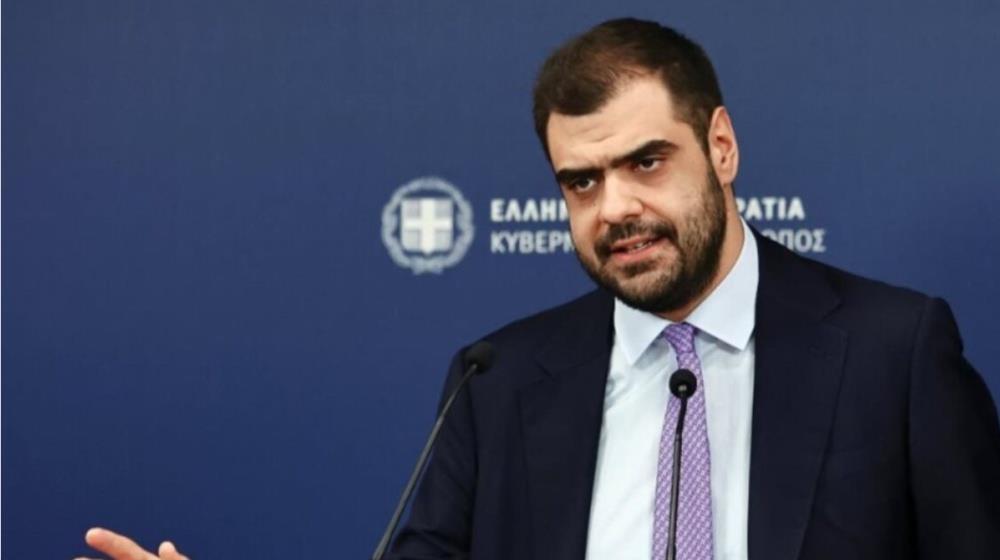A project connecting Cyprus and Greece with electricity, known as GSI (Great Sea Interconnector), will go ahead as normal, on the basis of the company's planning, at the appropriate time taking into consideration all necessary technical details, Greece's Government Spokesperson Pavlos Marinakis has said.
In an interview published in the Sunday, 1 June edition of 'Politis' newspaper, Marinakis recalls that it is a project of common interest for the EU.
"There has been no change from the project implementation planning, neither from our part nor from the EU's part," he says.
"The project will go ahead as normal, on the basis of the company's planning, the appropriate time and taking into consideration all the necessary technical details," Marinakis adds.
At the same time responding to a question about the Cyprus problem, he reiterates that "the solution of the Cyprus problem constitutes an absolute priority of the Greek foreign policy".
"We have always supported the island's reunification, on the basis of a bizonal, bicommunal federation, with political equality, a single sovereignty, a single international personality and a singly citizenship, as is outlined in the UN Security Council's Resolutions," he points out.
Among other things, Marinakis also says that "the improvement of Greco-Turkish relations has contributed in creating better conditions for the developments in the Cyprus issue."
He further describes an informal meeting in Geneva on Cyprus in March, the re-appointment of Maria Angela Holguin Cuellar as personal envoy of the UN Secretary General for the Cyprus issue as well as meetings between President Nikos Christodoulides and Turkish Cypriot leader Ersin Tatar as "positive developments".
The Greek Government Spokesperson also makes it clear that escalating rhetoric on the part of Turkey and the Turkish Cypriot leadership and statements about "a two state solution" is "ludicrous" and is "not helpful in the efforts aiming to reach a viable and just solution in the Cyprus problem and certainly cannot be accepted."
Cyprus has been divided since 1974, when Turkey invaded and occupied its northern third. Repeated rounds of UN-led peace talks have so far failed to yield results due to Turkish intransigence. The latest round of negotiations, in July 2017 at the Swiss resort of Crans-Montana ended inconclusively.
UN Secretary General announced that an informal meeting on Cyprus in a broader format will be held at the end of July, following a similar meeting in Geneva, on March 17-18. The two sides agreed to proceed with a number of initiatives, involving the opening of crossing points, the creation of a Technical Committee on Youth and other initiatives in the buffer zone and throughout the island.
The UN Secretary-General António Guterres announced in early May the appointment of María Angela Holguín Cuéllar of Colombia as his Personal Envoy on Cyprus, who is tasked to reengage with the parties in order to work on next steps on the Cyprus issue and advise him. Holguín completed a previous assignment as Personal Envoy of the Secretary-General on Cyprus from January to July 2024.
The European Commission designated Johannes Hahn, a former European Commissioner, as Special Envoy for Cyprus to contribute to the settlement process, in close cooperation with Holguín.
(Source: CNA)









